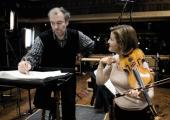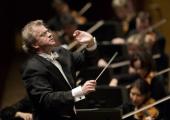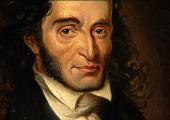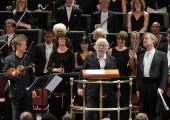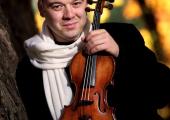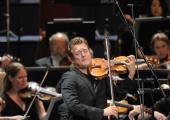Trpčeski, Australian Chamber Orchestra, Tognetti, Queen Elizabeth Hall
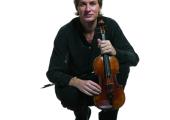
New World orchestra brings Old World style to their performance
A music broadcaster commented after last night’s concert by the Australian Chamber Orchestra that all the hype, all the talk about the surf-obsessed, free-spirited leader Richard Tognetti, had left her half expecting them to surf onto the stage of the Queen Elizabeth Hall. As they walked on however (decorously, and rather more smartly dressed than most English groups) we were reminded that there’s nothing gimmicky about this ensemble.

